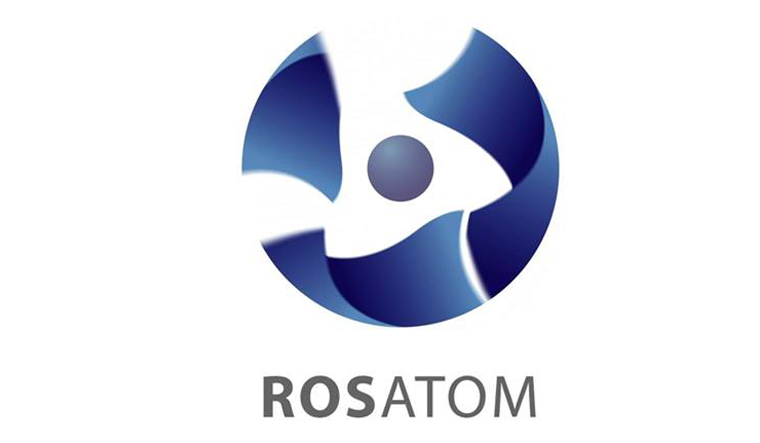Nuclear Reactors 758 - The U.S. Should Support Chinese Nuclear Export Ambitions - Part 2 of 2 Parts
Part 2 of 2 Parts (Please read Part 1 first)
In the last seven years, China has signed more than ten nuclear power reactor construction agreements with foreign buyers. The Chinese Belt and Road Initiative (BRI) has concentrated these reactor sales in Asia. China has already constructed multiple nuclear power plants in Pakistan and is constructing more. There are plans for power reactor construction in Turkey. Altogether, the biggest Chinese nuclear company has plans to construct at least thirty nuclear power reactors in other countries that are part of the BRI by 2030.
China has been working on exporting nuclear power reactors to the United Kingdom. It partnered with a British power company for the construction of the Hinkley Point C nuclear project. When completed, Hinkley Point C is expected to supply as much as seven percent of Britain’s electricity demand. If China can get the approval of the tight European energy market, that endorsement could launch China to become the definer of international standards of nuclear technology.
China’s aggressive program of nuclear export will hold serious implications for their customer safety, security and diplomatic standing. The International Atomic Energy Agency (IAEA) has given Chinese nuclear plants high ratings for safety. However, a French nuclear regulator recently said that Chinese regulators “lack means. They are overwhelmed.” Any major domestic safety issues regarding nuclear power reactors in China would be a disaster for the global nuclear industry. China has to ensure that its nuclear regulatory bodies are well equipped to deal with their massive and expanding workload.
Security and diplomacy will also be huge challenges for Chinese nuclear exports, especially in Europe. Permitting a foreign company, particularly one that is state owned such as those in Russia and China, to build and operate a dangerous and critical piece of energy infrastructure is a serious risk. The foreign government, acting through its state-owned nuclear company, could exert diplomatic pressure by overtly or implicitly threatening to turn off the nuclear power reactor they operate and thus deprive their customer of a significant proportion of their electricity. This could even extend to the exporting country sending in troops to protect their investment or they could weaponize the reactor in case of war.
For the near future, Russia and China will be the lowest-cost and most reliable suppliers of nuclear technology. China may have a major advantage over Russia in this marketplace. Russia has demonstrated that it can be an aggressive exporter of energy and energy technology. It has repeatedly utilized other countries reliance on energy from Russia to leverage diplomatic pressure. Russia views energy exports and nuclear exports in particular as “as a vehicle for expanding and enhancing its influence.”
China will obviously pursue its nuclear export ambitions regardless of whether or not the U.S. approves. Instead of opposing Chinese nuclear expansion, the U.S. should work with China and its overloaded regulators to enforce international safety standards and regulations to prevent serious nuclear disasters and work with Chinese nuclear customers to reinforce their security.
Many developing countries desperately need to expand their energy portfolios. A switch from coal to nuclear could help these countries fight climate change. Importing nuclear power reactors from China instead of Russia is preferable geopolitically. China also aims to dominate the nuclear export market, but they have not demonstrated Russia’s history of weaponizing their energy exports. The U.S. involvement with Chinese nuclear exports would help reduce that concern for potential customers.
This is not a suggestion that other nuclear exporting nations should abandon their own ambitions to capture a share of the nuclear export market. More competition can help to ensure that no country has outsized power in the nuclear marketplace. It would be best for the U.S. to help China in the international nuclear marketplace rather than oppose their nuclear ambitions and possibly drive other nations to do business with Russia.
